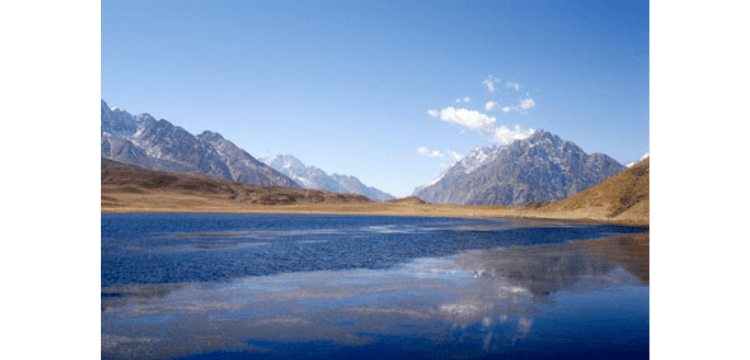[vc_row][vc_column][vc_column_text dp_text_size=”size-4″]The term “BLUE economy” refers to inclusive and sustainable water resource management that includes all marine-related businesses, services, and industries that could produce income and improve socioeconomic well-being along the coast.
It incorporates environmental management, economic growth, and the sustainability of aquatic ecosystems, as well as the energy (oil, gas, and renewables) and shipping and maritime industries, as well as the aquaculture, fisheries, and tourist sectors. The livelihoods of more than three billion people worldwide depend on marine resources.
One of Pakistan’s greatest economic issues is currently being faced. Given the situation, the economy needs to be severely diversified in order to get the nation back on track. A promising field called the “blue economy” has the potential to improve Pakistan’s financial, geostrategic, and geoeconomic standing.
Here, we talk about Pakistan’s underutilised blue economy. How can decision-makers and important stakeholders harness the potential of this economy for a self-sufficient and sustainable Pakistan, while also keeping in mind the nation’s numerous challenges?
Pakistan’s existing blue landscape is only capable of producing an estimated $1 billion, although having a potential to create more than $100 billion. The majority of it comes from fishing, coastal tourism, and marine revenue, but its potential is limited by the absence of contemporary businesses like energy and minerals. Meanwhile, regional states are making billions of dollars from this sector.
[/vc_column_text][/vc_column][/vc_row]











